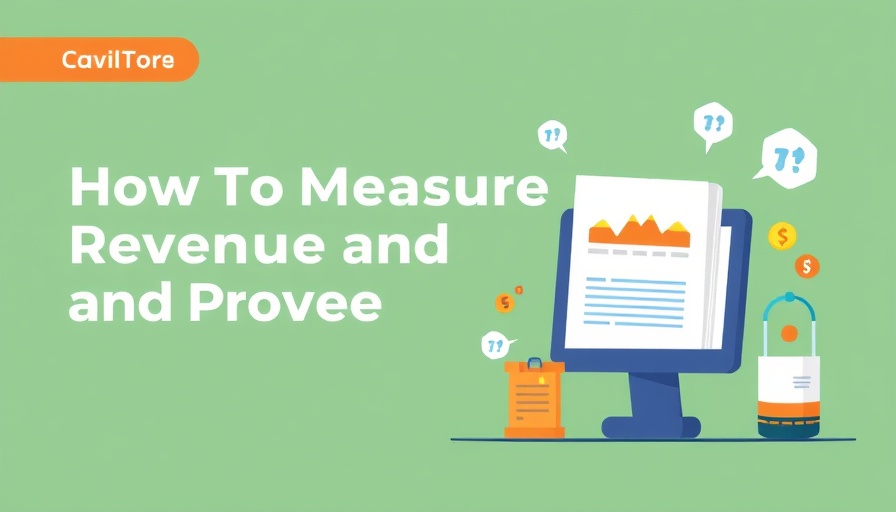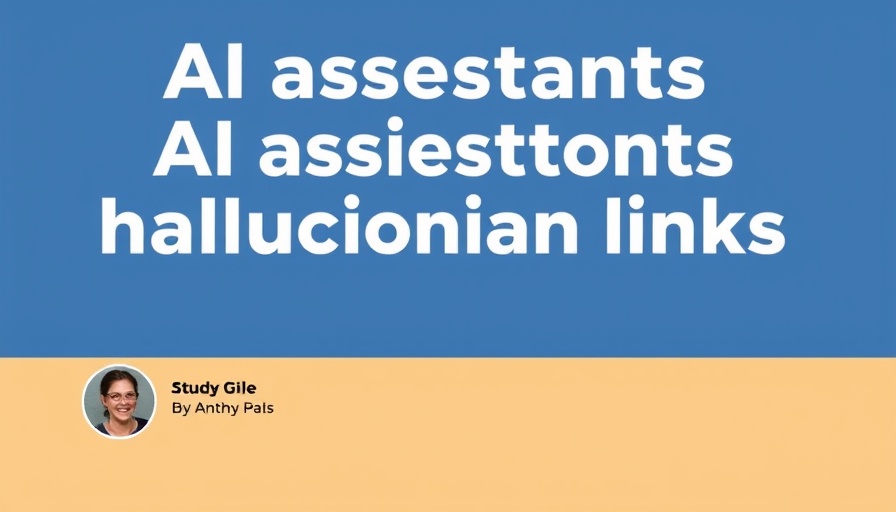
ChatGPT Revolutionizes Search: A Surprising Trend in User Behavior
A recent report from Adobe has illuminated a significant shift in how Americans utilize technology for information retrieval. The study reveals that a remarkable 77% of respondents have incorporated ChatGPT into their search habits, with nearly one in four favoring it over traditional search engines like Google. This trend is notably pronounced among younger demographics, particularly Gen Z, where 28% prefer starting their search journey with ChatGPT. As society becomes more accustomed to generative AI, understanding this transition is crucial for marketers and consumers alike.
The Generational Shift Driving Change
One key finding from the Adobe study is the impressive engagement across age groups with ChatGPT. While Gen X leads with an 80% usage rate, Gen Z is right behind at 77%. Millennials and Baby Boomers follow closely, showcasing that generative AI is not limited to younger audiences but is gaining traction across all demographics. This shift speaks volumes about how different generations are approaching digital searches and information gathering.
Rising Trust in AI Search Engines
Another vital insight from Adobe's findings is the growing trust in AI technologies. Approximately 30% of survey participants said they have more confidence in ChatGPT than in conventional search engines. This trust is translating into behavior changes, with 36% of users stating they’ve discovered new products or brands through ChatGPT, especially among Gen Z, with 47% reporting similar experiences. This increase in trust may very well be linked to the personalized and context-aware nature of conversations with AI, which allows users to feel more connected to the information provided.
Why ChatGPT is Preferred Over Traditional Search
So, why are consumers gravitating towards ChatGPT for their search needs? According to the Adobe survey, 54% of users appreciate the AI's capacity to summarize complex topics quickly. Additionally, one-third of those surveyed prefer ChatGPT due to its ability to deliver faster answers, often needing fewer clicks than traditional search engines. Users also noted that they find AI-generated responses more personalized, with 81% favoring ChatGPT for open-ended inquiries. This preference for tailored information reflects a broader desire for interactive and engaging content that meets individual user needs.
Marketers Respond to the AI-Driven Search Landscape
With this shift in consumer behavior, marketers are beginning to innovate their strategies to enhance visibility in AI-driven searches. Nearly half of surveyed marketers reported utilizing ChatGPT for various applications, including creating product descriptions and social media content. Looking ahead, two-thirds plan to increase their emphasis on AI visibility, with 76% seeing it as essential for their brand presence in the near future. Marketers are encouraged to produce data-driven articles and how-to guides, which have been identified as the most effective content types for AI search.
The Future of Search is Here
Adobe's report signifies a critical demographic evolution as consumers embrace AI tools for product discovery. Rather than completely supplanting SEO, AI visibility presents an opportunity for brands to refine their content strategies. By customizing content for conversational searches, companies can tap into new, personalized engagement pathways that resonate with modern consumers.
As the landscape of search continues to evolve, keeping pace with these trends will be essential for marketers and businesses. For those already leveraging AI tools like ChatGPT, the insights gained from this report offer an actionable blueprint for adapting to the preferences of today’s users. Whether you’re a digital marketer or a curious consumer, understanding these dynamics can enhance your approach to information retrieval and brand engagement.
 Add Row
Add Row  Add
Add 




Write A Comment